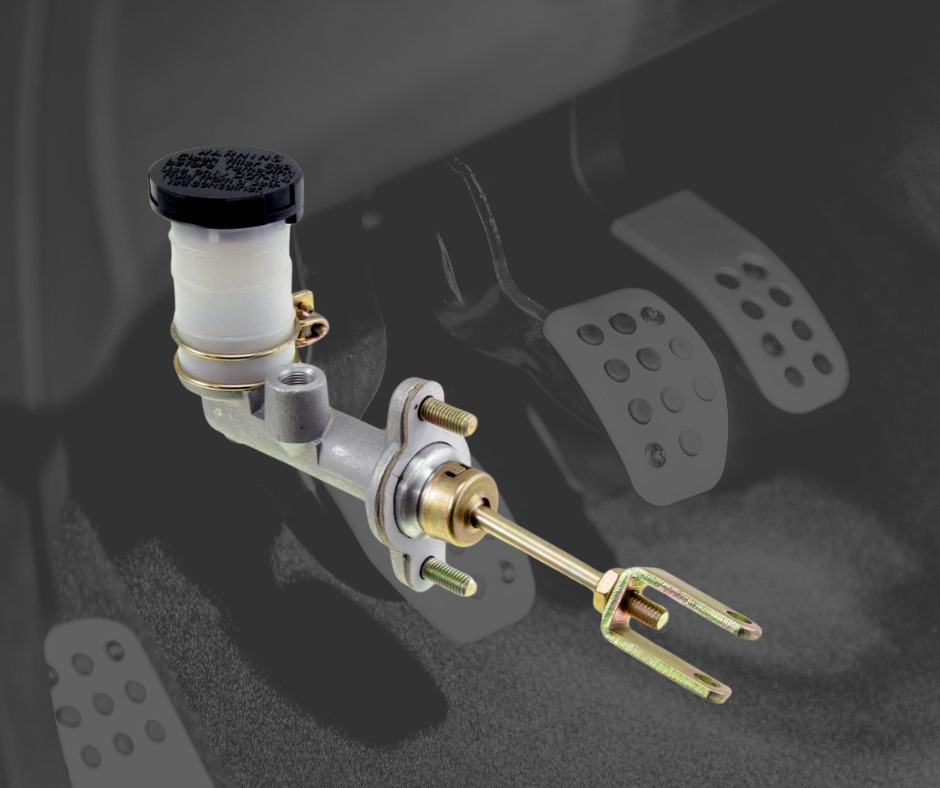Common Signs of a Faulty Clutch Master Cylinder

Discover the telltale signs that your vehicle's clutch master cylinder may be failing, and learn why timely detection can save you both time and money.
Understanding the Role of the Clutch Master Cylinder
The clutch master cylinder is a critical component in a vehicle's clutch system. It is responsible for converting the mechanical force exerted by the driver’s foot into hydraulic pressure, which then engages and disengages the clutch. Without a properly functioning master cylinder, the entire clutch system can fail, leading to a host of drivability issues.
Essentially, the clutch master cylinder ensures that the clutch operates smoothly and efficiently. It consists of a reservoir filled with hydraulic fluid and a piston that moves when the clutch pedal is pressed. Any malfunction in this component can severely affect the vehicle's performance.
Difficulty in Shifting Gears: A Primary Indicator
One of the most immediate and noticeable signs of a failing clutch master cylinder is difficulty in shifting gears. If you find it increasingly hard to change gears or if the gear shifts are not as smooth as they used to be, this could indicate a problem with the master cylinder.
When the master cylinder fails to generate adequate hydraulic pressure, the clutch may not fully disengage, making it challenging to shift gears. This could manifest as grinding noises, resistance when trying to shift, or even the inability to shift into certain gears.
Unusual Pedal Behavior: Softness and Sponginess
Another common symptom of a faulty clutch master cylinder is unusual behavior of the clutch pedal. If the pedal feels unusually soft, spongy, or if it sinks to the floor without resistance, the master cylinder could be to blame.
These symptoms occur because air may have entered the hydraulic lines or the internal seals of the master cylinder could be leaking. Both of these issues prevent the system from building the necessary pressure, leading to ineffective clutch operation.
Fluid Leaks and Their Impact on Clutch Performance
Fluid leaks are another telltale sign of a failing clutch master cylinder. If you notice a puddle of hydraulic fluid under your vehicle or if the fluid levels in the reservoir are constantly low, it’s time to inspect the master cylinder.
Leaking fluid can cause a drop in hydraulic pressure, leading to poor clutch performance. Over time, this can result in more severe issues such as complete clutch failure, making it crucial to address leaks promptly.
How Regular Maintenance Can Prolong Clutch System Life
Regular maintenance is key to prolonging the life of your clutch system, including the master cylinder. Routine checks can help detect early signs of wear and tear, allowing for timely repairs or replacements.
Ensuring that the hydraulic fluid is clean and at the correct level, inspecting for leaks, and replacing worn-out components can go a long way in maintaining the efficiency of your clutch system. By staying proactive with maintenance, you can avoid costly repairs and ensure smooth vehicle operation.

 Loading..
Loading..